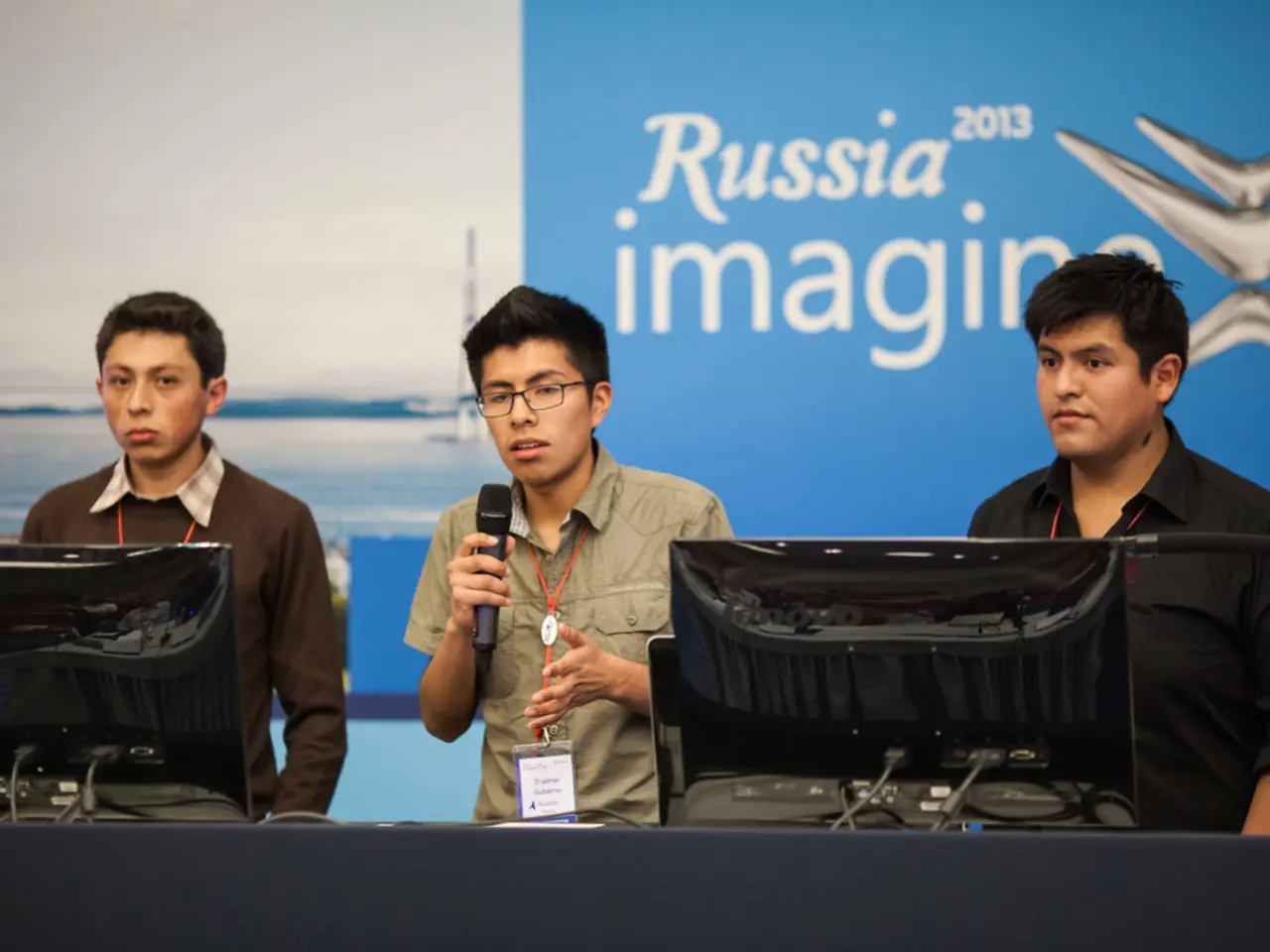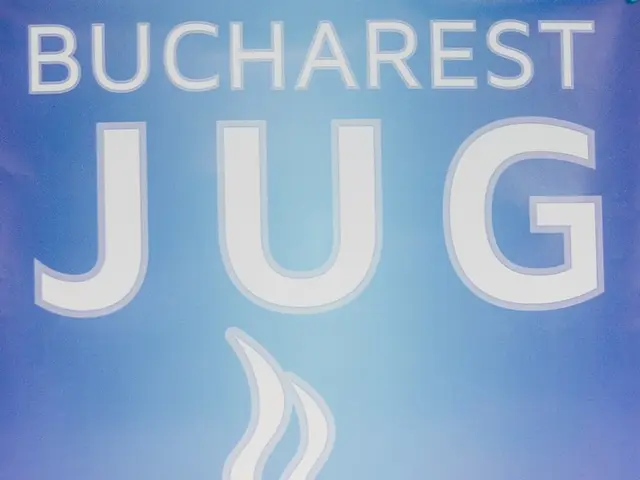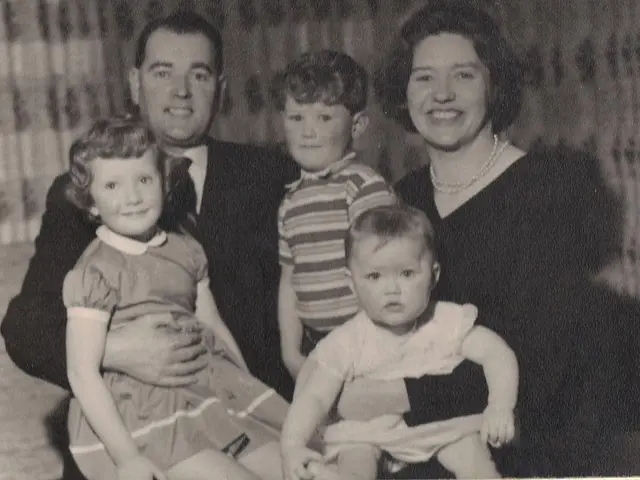"Debate over deploying ground forces creates perplexity"
In the ongoing conflict in Ukraine, the most pressing question is how to get Russian President Vladimir Putin to agree to a ceasefire. The discussion about deploying troops is premature, as there is currently no ceasefire in Ukraine. Instead, the focus should be on solving the problem of European security.
Ten European countries, including France and Britain, are reportedly considering deploying troops for peacekeeping in Ukraine. However, the deployment of ground troops for security guarantees in Ukraine may be a futile exercise. Instead, a European military presence could be part of potential security guarantees for Ukraine.
Political pressure on Putin to facilitate a ceasefire in Ukraine could be increased through a combination of strengthened sanctions, coordinated international diplomatic pressure, and enhanced military support to Ukraine. Potential security guarantees to de-escalate tensions might include internationally monitored ceasefires, territorial compromises combined with security assurances, and a moratorium on strikes into each other’s deeper territories, under written agreements monitored by neutral parties.
Strengthening sanctions and economic measures against Russia, bolstering NATO and European deterrence, sustained military and intelligence support for Ukraine, and coordinated diplomatic efforts are key elements for increasing political pressure on Putin. Avoiding premature optimism and ensuring that any ceasefire or peace agreement is backed by long-term international commitment to reconstruction, humanitarian issues, and security guarantees is also crucial.
Ukrainian soldiers have shown their ability to defend key cities such as Kyiv, Kherson, and Kharkiv. However, the armed forces of Ukraine are in need of support, particularly in terms of combat aircraft and maritime surveillance. Continuing to buy oil, gas, uranium, and fuels from Russia is filling Putin's war chest.
Meanwhile, Western and Ukrainian leaders push not to accept deals that may reward Russia’s aggression without justice and sovereignty for Ukraine. The main challenge is that Putin’s demands—recognition of Russian control over parts of eastern Ukraine and guarantees Ukraine will never join NATO—currently block compromise negotiations and keep Kremlin leverage strong.
Nico Lange suggests that Ukraine needs military capabilities to put pressure on Russia. This could involve a larger air force, maritime surveillance, and coastal protection provided by partners, as well as cruise missiles like Tomahawk as part of a credible conventional deterrence. Political coordination of deterrence is also necessary.
Kretschmer rejects the idea of German soldiers being deployed in Ukraine as part of any potential security guarantees. The conflict in Ukraine has not been frozen like the one in North and South Korea in 1953. Instead, it requires a delicate combination of sustained diplomatic efforts, firm economic measures, continued military aid without direct ground intervention, and security guarantees designed to reduce risks and build sustained peace rather than temporary pauses in fighting. This would require hard compromises and inclusive diplomacy among all major stakeholders to prevent the war from resuming after a fragile ceasefire.
Read also:
- United States tariffs pose a threat to India, necessitating the recruitment of adept negotiators or strategists, similar to those who had influenced Trump's decisions.
- Weekly happenings in the German Federal Parliament (Bundestag)
- Southwest region's most popular posts, accompanied by an inquiry:
- Discussion between Putin and Trump in Alaska could potentially overshadow Ukraine's concerns








